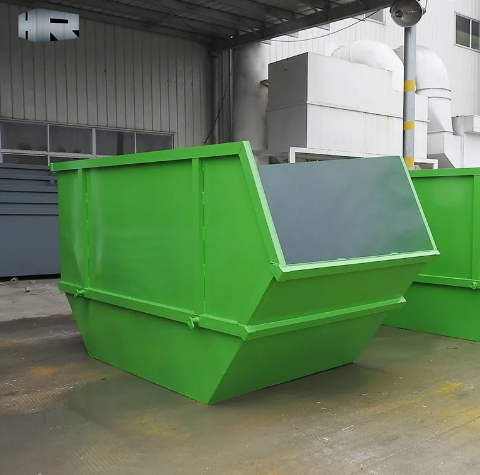
When it comes to waste disposal for your project, skip bins are an excellent choice. Skip bins are large containers that can be used for the disposal of various types of waste. They are available in different sizes and types, making it important to explore the different options and choose the one that suits your project best. In this article, we will discuss the different types of skip bins available and their suitability for various projects.
1. General Waste Bins:
General waste bins are suitable for the disposal of everyday household and miscellaneous waste. These bins can accommodate a wide range of waste types, including paper, plastic, food waste, and non-hazardous materials. They are commonly used for general house cleanouts, office cleanouts, and minor renovation projects.
2. Green Waste Bins:
Green waste bins are specifically designed for the disposal of organic waste, such as grass clippings, tree limbs, leaves, and other garden waste. These bins are often larger in size to accommodate the bulky nature of green waste. They are commonly used during landscaping projects, garden makeovers, and tree trimming or removal.
3. Construction and Demolition Bins:
Construction and demolition bins are heavy-duty containers designed for the disposal of materials generated during construction and demolition projects. These bins can handle a wide range of materials, including concrete, bricks, wood, metal, and rubble. They are available in various sizes to suit different project scales, from small renovations to large-scale construction sites.
4. Concrete Bins:
Concrete bins, as the name suggests, are specifically designed for the disposal of concrete waste. These bins are made from heavy-duty materials to safely handle the weight and potential sharp edges of concrete debris. They are commonly used in construction projects where a significant amount of concrete waste is expected.
5. Hazardous Waste Bins:
Hazardous waste bins are necessary for the safe disposal of hazardous materials. These materials include chemicals, asbestos, batteries, paint, and other substances that can pose a risk to human health and the environment. It is important to adhere to the strict guidelines and regulations for the disposal of hazardous waste. Consult with an expert to determine the specific requirements for your project.
6. industrial waste bins:
Industrial waste bins are suitable for the disposal of waste generated by industries and factories. They can handle a wide range of materials, such as metal scraps, plastic waste, packaging materials, and other industrial byproducts. These bins are often available in larger sizes to accommodate the larger quantities of waste generated by industrial operations.
7. Mixed Waste Bins:
Mixed waste bins are designed for the disposal of a variety of waste types. These bins allow you to dispose of different types of waste in a single container, making them convenient for projects that generate a mix of waste materials. They are commonly used in commercial projects, events, and large-scale cleanouts.
In conclusion, skip bins offer a convenient and efficient waste disposal solution for various projects. The selection of the right type of skip bin depends on the specific waste types and quantities generated by your project. Consider the different options discussed above and consult with waste management professionals to make an informed decision and ensure proper waste disposal.




Commentaire
(0)